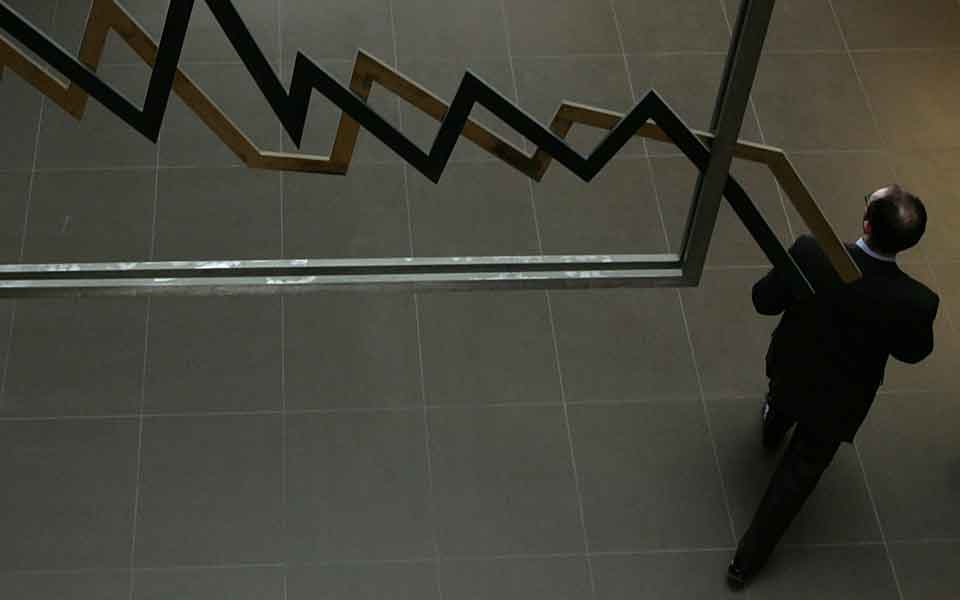Greece remains nowhere near investment grade

Greece’s efforts to regain full access to international markets through the small issues at high yields of a five-year bond in January and a 10-year note this week are viewed by the markets as positive steps that also indicate how difficult the country’s road back to normality will be.
The high price Greece had to pay – more than twice what Cyprus and Portugal paid for their 10-year bonds and up to 16 times what a five-year paper has cost Spain – to attract investors of “good quality” illustrates that returning to the markets will be no mean feat.
The main reason for that is the distance the country still has to cover before it can enjoy an investment grade credit rating, which is the main yardstick for long-term portfolios and real-money investors: The latter, unlike hedge funds, do not sell off their positions at the slightest turbulence in markets as they have a long-term horizon.
Economists note that a country’s cost of borrowing depends on its credit rating as determined by the major rating agencies. That is why these two issues were of a symbolic character for Greece, and were not aimed so much at drawing liquidity – although they have already covered 71 percent of the 7-billion-euro annual target the Public Debt Management Agency has set for the whole of 2019. The fact they were oversubscribed may be positive, but the small amount raised by each issue (2.5 billion euros) highlights the country’s inability to draw funds at lower yields.
Analysts and rating agencies officials tell Kathimerini that Greece’s return to investment grade will be a long process, and set two main requirements for that goal. The first is related to the course of the debt, which will need to be in steady decline combined with the recovery of the economy, while the second concerns the banking sector, which will also need to show signs of a significant improvement, according to Michele Napolitano, head of Western European Sovereigns at Fitch Ratings.
The keys to that are the continuation of reforms and full adherence to the post-bailout agreements with the creditors. All this shows it will be hard for Greece to revert to investment grade in the next two years.




